Fourteen years after self-funding an essay contest for children of African descent, Lorna Jones’ motivation to ignite students’ critical thinking and confidence remains just as strong.
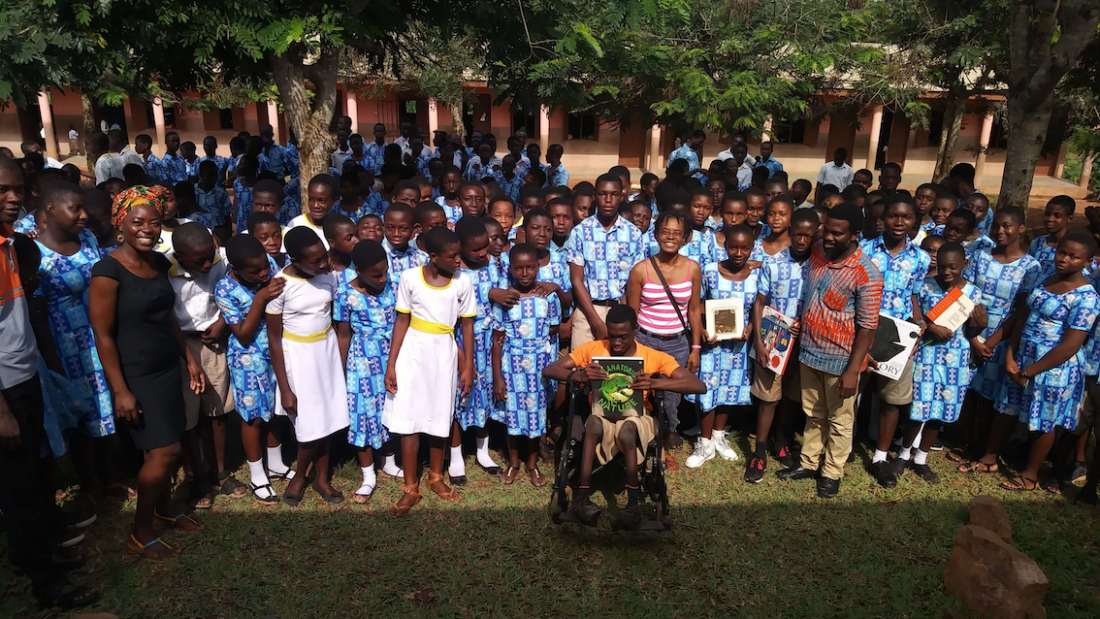
The premise is simple: the international contest takes place annually. Young people are given thought-provoking topics to research and write about under exam conditions. Their efforts are then marked by volunteer judges, who are equally as passionate about the academic achievement of Black children
At first, Lorna imagined hordes of children and guardians descending on a venue like the Royal Albert Hall where a one-day event would take place. What transpired was a successful event in Brixton’s Karibu Education Centre in 2011, despite Lorna being told by a number of organisations that her essay contest couldn’t be done.
Since moving to the US 10 years ago, the competition is organised remotely from her home in Silicon Valley. Topics are inspired by current affairs, economic development and historical issues, which are adapted to different age groups.
“I want young people to be aware of the world… Myself and the judges don’t pretend to be teachers.”
She said: “I want young people to be aware of the world… Myself and the judges don’t pretend to be teachers. From the beginning I always said this contest supplements what the teachers are doing and is a way for students to practise what they’ve learnt.
“There’s never a right or wrong answer to the essay topics, I say to them. The important thing is that they have an opinion.”
Originally from Luton, Lorna started the competition for British schoolchildren but disappointingly, has always struggled to get UK schools onboard. In the early days, Black British teachers would entertain the initial conversation but then withdraw their interest. In the case of one teacher who worked at a school with predominantly white students, she had concerns about pushing the contest for the Black minority of students.
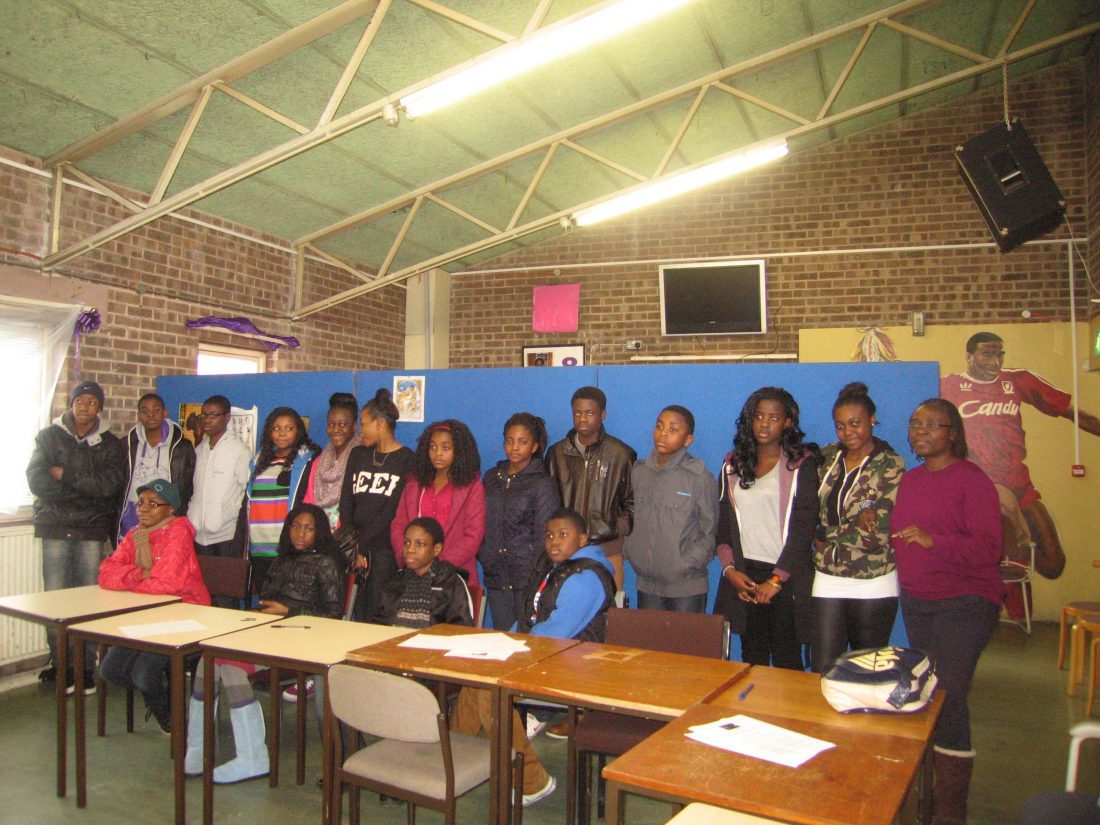
Another commented on the topics being too challenging and that “fashion, music and sport” would capture students’ attention more.
Lorna faces similar difficulty in the US and recalled one Black parent-teacher association meeting in California where a group of parents said they “didn’t want their children to take part because they didn’t want their children judged against African children”. A potential reason being Ghanaian and Nigerian students in particular, in the US, have a strong academic reputation.
Ironically, most of the judges will be from the US and UK, where just two Saturday schools took part this year from Manchester and London.
When Lorna first conceived the idea of an essay contest and began seeking support in England, the biggest dream killers were defensive Black organisations and individuals that questioned whose permission she had to do it.
“‘You can’t do an essay contest inviting only Black children,’ they’d say to me. ‘You need authorisation.’ But from whom?”
“‘You can’t do an essay contest inviting only Black children,’ they’d say to me. ‘You need authorisation.’ But from whom? I don’t want money from anybody, I just need children to take part, and judges. Many organisations have white people on their boards and feel they need to get the permission of white folks, but this is about us.
“I see us as family. I want the children to be able to express themselves as they would an aunt or uncle. They might not spell a word correctly in their essay and we’ll gently correct them, but we’re not going to beat them over the head. We’re going to listen to them intently and give them the same attention we would for a niece or nephew, and for them to feel like they’re among family.”
Ultimately, Lorna decided to focus the essay contest only where there’s interest. She mainly attracts essayists from Uganda, Ghana and Grenada, where she grew up.
Whilst the simplicity of the Annual Essay Contest for Children and Young People of African Descent has been retained, the same can’t be said for judges, which has forced Lorna to gradually limit the number of participating children. There are about 125 judges at the moment who are predominantly women, aged between 30 and 50. Lorna is vying for a further 100, of any gender, who can be from anywhere in the world.
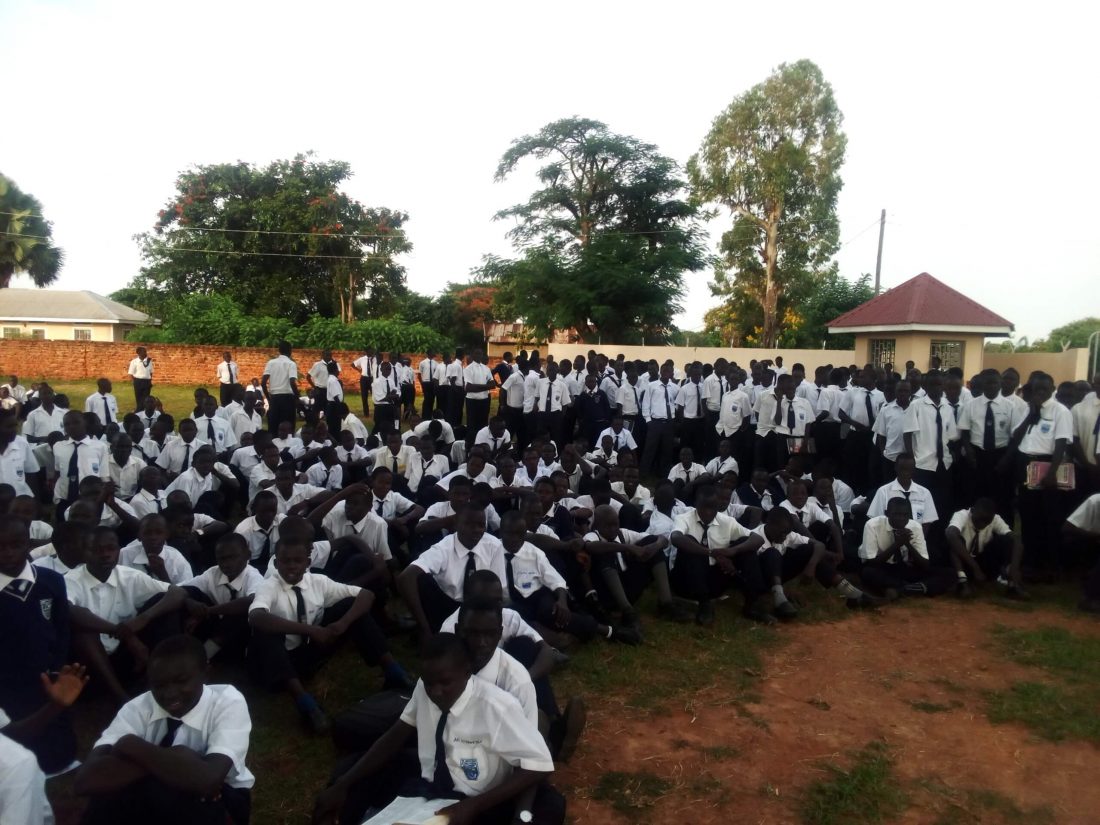
She said: “Originally, judges had about 10 essays each and then I tried for 20, but that was too much, so I reduced it down again.
“For me, it’s a question of how many children are getting the benefit. I’m not going after thousands of children if I can’t cope, but if I had the judges, the world would be open and the fewer schools I’d have to turn away.”
Judges don’t need qualifications or have a PhD in Human Geography like Lorna to take part. They just have to be of African descent and volunteer their time to read essays by children, aged seven to 16. You can even choose which age group to judge.
“It’s a truly wonderful feeling to hear from the judges every year about how much they enjoy reading the essays,”
“It’s a truly wonderful feeling to hear from the judges every year about how much they enjoy reading the essays,” Lorna added.
All essayists receive a certificate in their spoken language for taking part and the top three essays from each age category are published on the website. The winning essay writers win a small cash award and some children are given special prizes from judges.
She said: “So many judges had asked if it would be possible to award a child a prize, whether they win or not, and I thought that was a great idea because it’s a way of encouraging them.
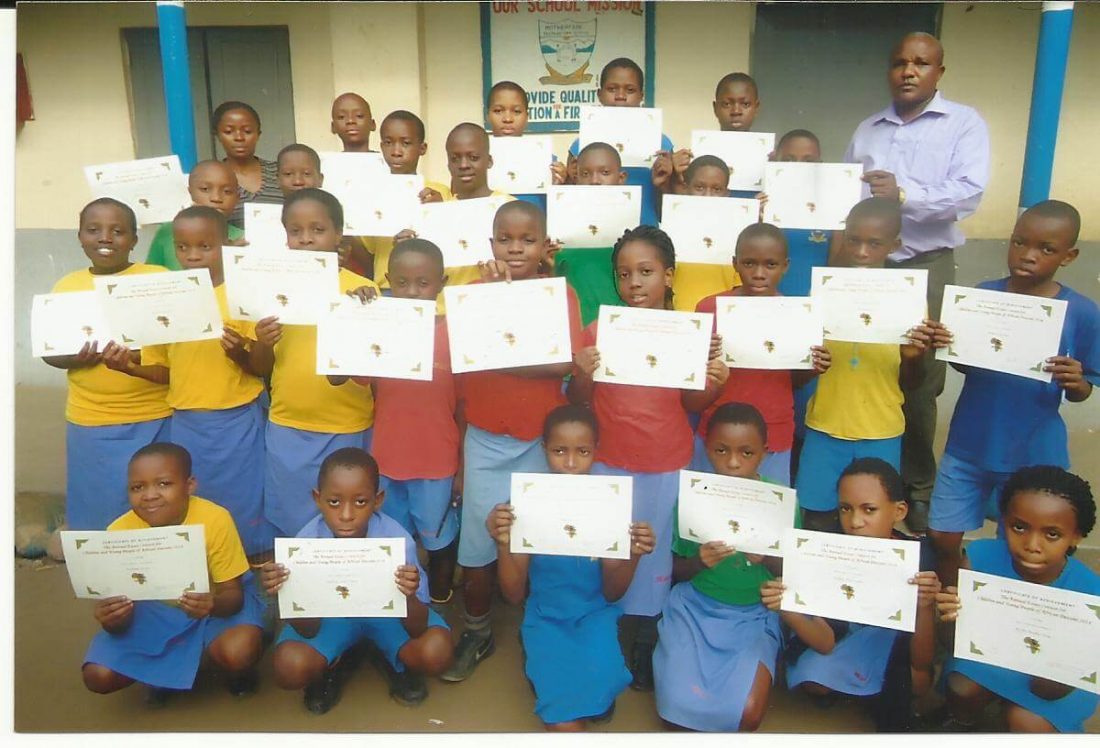
“A judge had once sent me the game Operation for a particular child, who was about eight at the time, because he’d written about wanting to be a doctor as his mum had died in his village. Another judge one year sent a prize because a student’s essay reminded her of Nigerian cooking and being back home.”
Had it not been for a trip to China in 2005, where Lorna was confronted with such derogatory views of Black people, the essay contest wouldn’t have launched.
She said: “Usually when I travel, I’m a backpack kind of girl, but this time I had a driver and a guide. In each city I visited, I had a different driver, and each time I asked the same question, ‘How are people of African descent seen in China?’ which was shockingly bad.
“They spoke of big bellies, snot coming from our nose, us being dirty and always begging. That hurt my soul. It was at the same time that Hurricane Katrina was being shown on television every night in my hotel.
“Then when I landed back in London, I kept hearing how Black children were academically behind other communities and immediately thought, ‘What can I do?’ Within a day I came up with the idea of the essay contest. I didn’t want anyone in China to ever have that opinion of us again.”
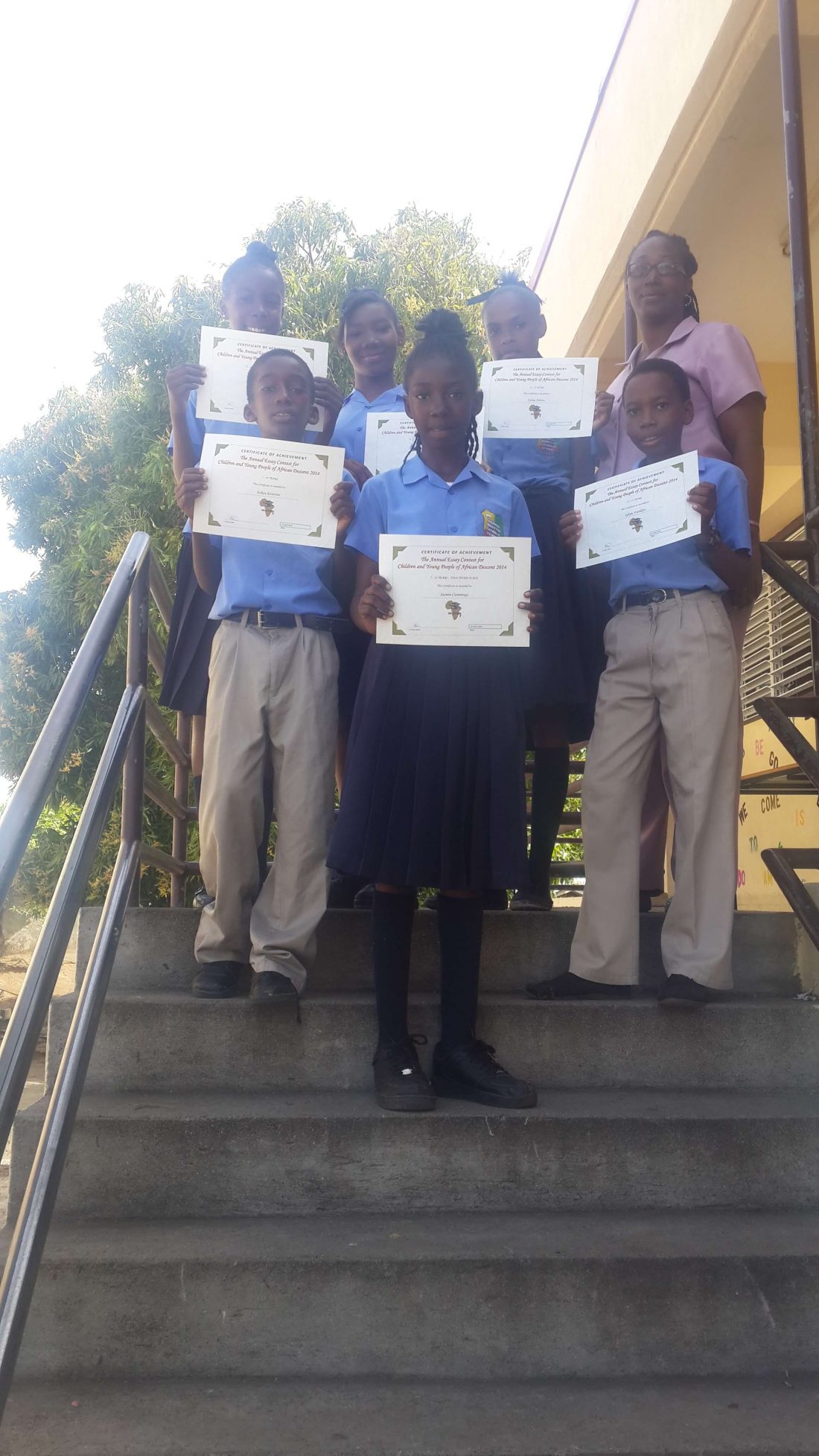
The next competition is due to take place in February 2021. Lorna hopes the success of the competition will encourage UK schools and groups or churches to give this valuable opportunity to their students.
She added: “I have a master’s degree and PhD in international development, which is why a lot of the topics will be centered on current affairs and global and national geopolitics. I want everybody, not just older folks my age, to be aware of these topics and be able to converse about them from an early age.
“Teachers and family members are often surprised and delighted to read what their children wrote on some of these topics. Even headteachers have told me that they don’t tackle such topics at school. This was after I was told the subjects would be too challenging, but I refused to believe that.
“Our children really are amazing. All they need is an opportunity and they will show us what they’re capable of.”
To register your interest in being a judge, visit the website or contact Lorna for more information on email@lornajones.net.
Note to readers: All photos were taken before the beginning of the COVID-19 pandemic.












